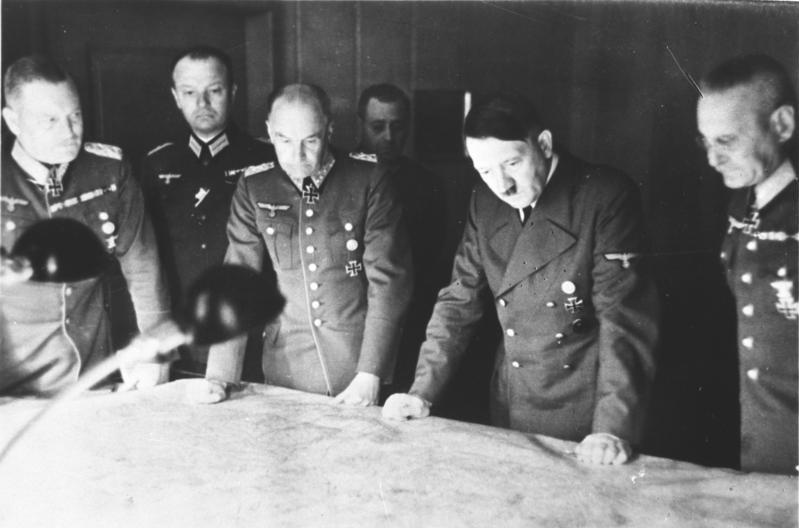During the Third Riech, Hitler fortified his leadership atop bastions of war, invasion and politics.
He served as chief of Hitlers army general staff from 1938 to 1942.
However, he achieved all this despite harbouring dissent towards Hitlers extreme position in the domestic and international arena.

His own career began in the Third Field Artillery Regiment of the Royal Bavarian Army.
By the end of the first World War, Halder began receiving his staff assignments.
During this time, Halder was a man of vacillating ideologies.

On the one hand, he supported Hitler and offered no objections to the Holocaust murders.
On the other hand, he refused to accept Hitlers extremist tactics.
All this while, he had remained a verbose carper of the Gestapo.
Halders shaky loyalties prompted him to maintain a meticulous diary of everything he encountered as the chief of staff.
Soon achieved his highest rank as the colonel-general in the army.
All the developments, along with the day-to-day happenings within the organisation, went into Franks notes.
Hitler at the headquarters of the Commander-in-Chief of the Army.
But the general got cold feet, and a series of successful offensives strengthened Hitlers position.
Halders own career began taking hits as well.
This marked the end of Haalders career as Chief of Staff.
During his retirement, Franz was implicated in the third failed assassination of Hitler, which occured in 1944.
From 1947 to 1961 he worked extensively with the US military.
His diary came into play as an integral piece of evidence in shaping Nazi doctrine and German military history.
It was also brought on record during the Allies prosecution of Hitlers high command at the High Command Trial.
The tables had turned, and now one of Hitlers closest accomplices was aiding the US Historical Division.
Under him, 700 German officers were tasked with preparing some 2,500 documents of historical data.
References#Nytimes.com#Britannica.com